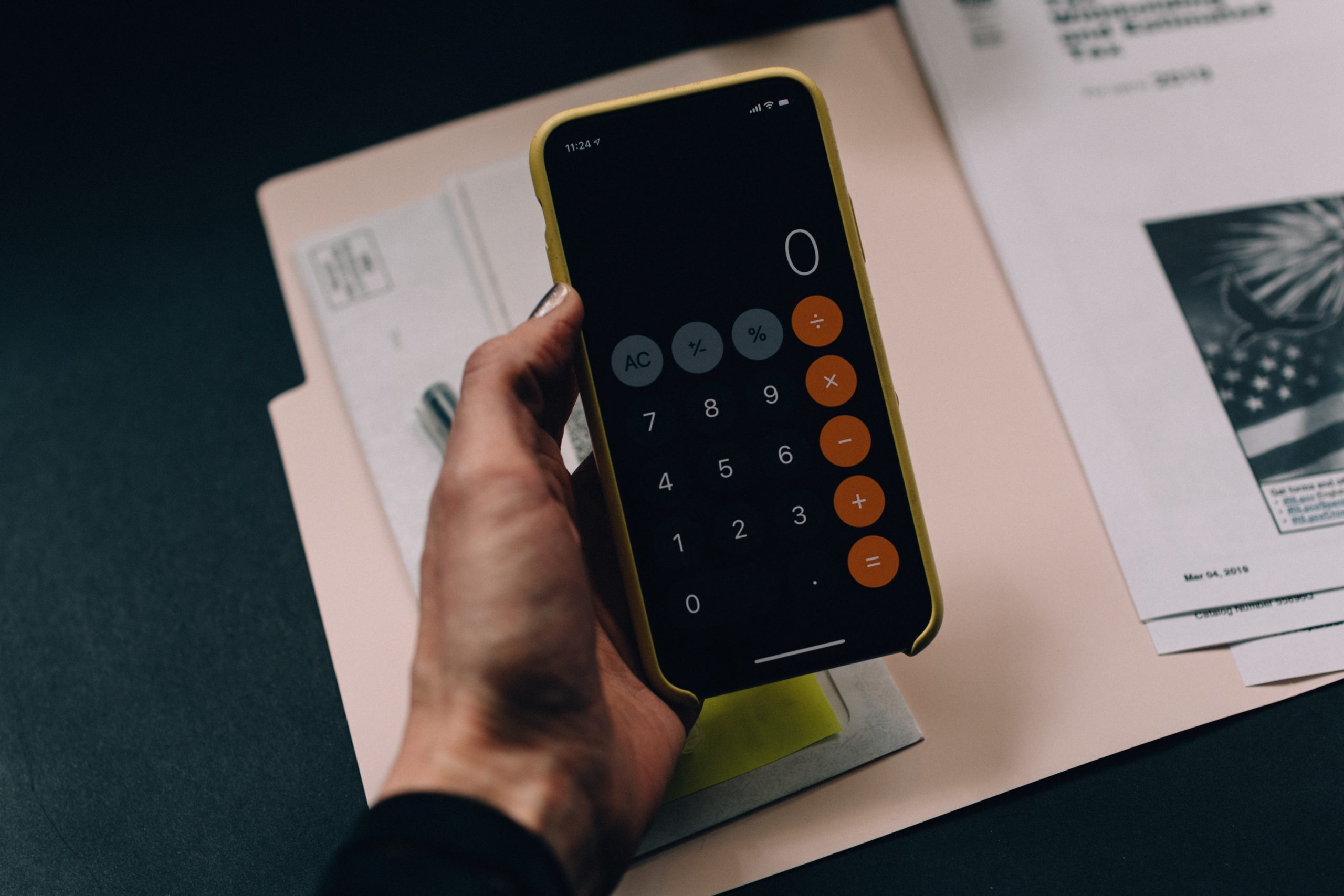The current coronavirus pandemic has caused increased rates of unemployment, the closure of businesses, and lost income, which is leading to high-stress levels around the globe. As reported by the World Economic Forum, “COVID-19 has brought a second pandemic — financial anxiety.”
Money Is the #1 Cause of Stress Among Americans
Prior to the COVID-19 outbreak, research shows that money is the greatest source of stress for Americans. One survey found that finances were the main source of stress for 44 percent of U.S. residents.
This comes as no surprise, as credit card debt among Americans hit a record high of more than $1 trillion in 2018, according to the Federal Reserve.
Currently, the United States, as well as the rest of the world, is trying to manage added financial stress and anxiety due to COVID-19. The world is experiencing a high risk of economic anxiety. More specifically, as stated in a recent report, economic worries have increased sharply across the United States.
On March 5, 68% of respondents were worried or very worried about the effects of COVID-19 on the U.S. economy. By the 16th of March, this number rose to 88%. In 11 days, respondents’ concerns about personal finances also grew sharply from 47% to 74%.
How to Better Manage Financial Anxiety During COVID-19
First of all, it’s completely normal for you to be feeling anxiety, fear, and even depression during this time. You are facing a unique circumstance at the moment. Practicing social isolation while living in lockdown can make it challenging to cope with these emotions. However, there are steps you can take.
1. Acknowledge your feelings
Feeling stressed and worried is uncomfortable, so it’s not unnatural to want to suppress these feelings. You may try to distract yourself, which can be beneficial, but only for so long. Confronting your emotions can actually be rather positive, as this step can help you better understand what you’re feeling, teaching you how to work with changing emotions.
Although anxiety feels overwhelming and incredibly real, it’s important to remember that what you’re feeling is temporary. You are experiencing a fear of what may happen in the future — bring yourself back to the present. This acknowledgment will allow you to take action to help alleviate your anxiety.
2. Seek support
If you allow yourself to be present, you can face your fears head-on. For example, if your finances have been significantly impacted by COVID-19, you’ll want to seek income support. In order to do so, you’ll need to investigate income-support options available in your state and/or city.
Also, try to stay up-to-date in terms of new programs and policies, as many of these benefits are just beginning to unfold. Based on your unique circumstances, find out what you’re potentially eligible for and start inquiring. As you increase feelings of control, your anxiety levels will begin to subside.
For emotional support, particularly among those living with an anxiety or mood disorder, know that online therapy is still available.
3. Make a list and prioritize payments
Depending on your situation in terms of employment and bills, you may need to make some significant changes to your payments.
Be mindful of newly developed rules and programs related to rent and mortgage payments. You can also inquire about mortgage and car payment deferral during this time.
Some areas are addressing concerns surrounding utilities, such as hydro and water. Check with your local provider to see if any type of relief is being offered.
4. Address your mental health
Many areas are currently in a state of emergency. That why it’s important to remember that things are different right now — it’s okay to feel unproductive and overwhelmed.
Stop placing so much pressure on yourself. Your mental and physical health should be your top priority. Practice self-care and develop healthy coping strategies, avoiding an increased intake of alcohol and/or unhealthy foods.
Create a new schedule to help you maintain some level of normalcy, implementing meditation and exercise into your routine.
Related: The Relationship Between COVID-19, Anxiety, and Yoga
In addition to seeking emotional support, the following resources will help guide you in the right direction in terms of financial support:
- State government websites to learn more about unemployment benefits and financial assistance programs, as well as Career One Stop
- US Department of Labor provides information about medical leave, particularly in relation to the current pandemic
- Small business loans can assist those who require low-interest disaster assistance







